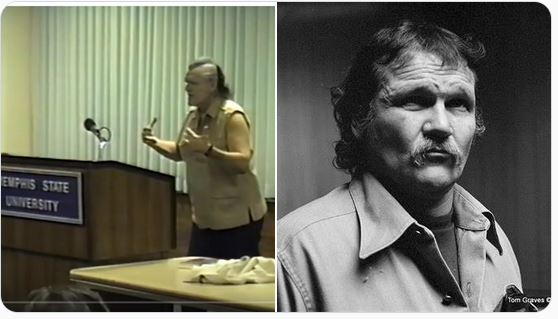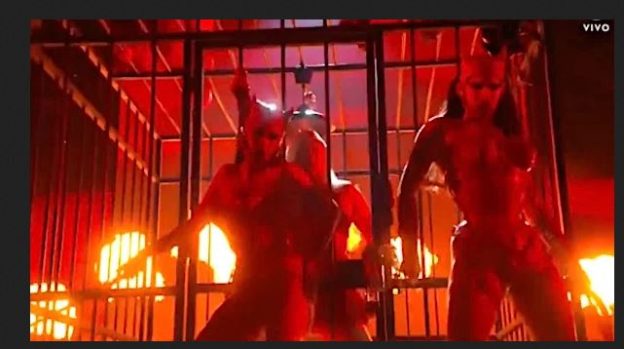What any good reader and writer will notice first about Harry Crews is his style, his English. Not a bit of the Yankee taint to it—that hackneyed idiom that predominates in our country ~ilana
Having stumbled on Harry Crews’ books recently, I think of him as perhaps our greatest novelist, story-teller, and stylist, who writes exquisite English; a disturbing genius, but that is what good literature does. It disturbs, rivets, inspires, wows, and above all, it avoids the cardinal sin of boring.
Good writing is, moreover, wicked hard. Yes, the gifted few are born with The Gift. But the truths that jump out at me from this interview are these:
Gift or not, you have nothing unless you hone it, practice, know how bad you are and watch the best like a hawk. A really good writer knows exactly what is remarkable.
The other thing Crews, an ungainly man, says which is immutable truth is that the champion is in competition with the self. I can’t count the times a pompous older (always white) male wrote to put the Little Woman down for her English (“$5 dollar words”) something that, I venture, would never have been suggested to a male writer. My reply, of course, was:
“First, fuck off. Next, just to be safe, stay away from the Federalist Papers, the Anti-Federalist Papers, too.”
I can recommend “A Childhood: A Biography of a Place” (1978) and “The Gospel Singer.”
Just the title of the first!!!! Obviously: There is no home without a place, without kin. That’s Harry Crews. Straight to the truth.
What any good reader and writer will notice first about Crews is his style, his English. It’s what struck me. Not a bit of the Yankee taint to it—that hackneyed vernacular and idiom that predominate in the country. Nothing but exquisite English, idiosyncratically used.
Tennessee writer Kevin Wilson, professor at Sewanee, wrote the introduction for “The Gospel Singer.” He has similarly observed the following about Harry Crews’ style:
The novel is “horrific,” … — and yet “the sentences at times are just unbelievably beautiful.” Building on this contrast, Wilson debunks any rumor of sentimentality in the work: “Crews doesn’t have nuance regarding race or gender or religion or really anything, but the one place he is nuanced is his language.” By being “wildly precise and violent…”
The best of fiction is similarly unencumbered and thus endowed. “Wildly precise and violent” with one’s language is the way to be. If you can.





